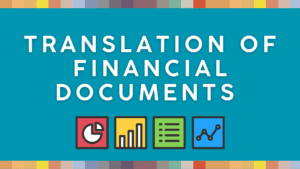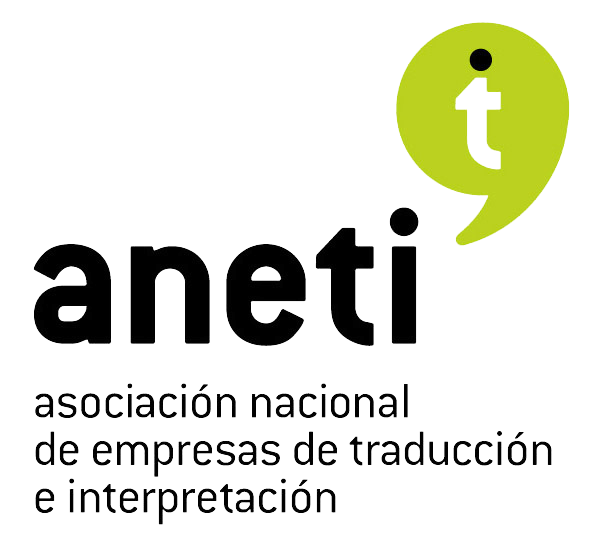What every international company should know
Nowadays, companies cross borders on a daily basis, which means that the translation of financial documents such as annual accounts and audit reports has become a strategic necessity. These texts not only reflect a company’s financial health, but are also key to operating in international markets, obtaining financing and participating in public tenders. Accurate translation is not only a legal requirement in many cases, but also a hallmark of transparency, precision, and professional integrity.

What exactly is translated?
Annual Accounts are a legally defined set of documents comprising the balance sheet, income statement, statement of changes in equity, cash flow statement, and the notes to the financial statements. In Spain, these must be filed with the Commercial Registry. An audit report, issued by independent external auditors, attests to the accuracy and fairness of these annual accounts. Both the annual accounts and the audit report may be included within the broader concept of financial reporting, an internationally recognised term that can also encompass Management or Director’s report and financial reports.
Why is it so important to translate them well?
Financial terminology is not universal. Each language and accounting system introduces nuances that, if not respected, can lead to misunderstandings, regulatory non-compliance or even penalties. For example, in British English, we usually talk about annual accounts, while in the United States, financial statements is used, there are differences though that we will explain in another entry to our Blog. Choosing the wrong term can cause confusion among investors, auditors or official bodies.
In addition, the translation of these documents must comply with the legal requirements of the target country. In the European Union, each Member State requires documents to be submitted in its official language, although many companies choose to also translate them into English to facilitate communication with international partners and investors.
Who needs to translate their annual accounts, financial statements or audits?
Any company operating outside its country should consider it. The translation of these documents is necessary when you want to:
-Register a branch or subsidiary abroad.
-File annual accounts with the Commercial Registry of another country.
-Participate in international and public tenders.
-Apply for grants or subsidies outside the country of origin.
-Access financing or attract international investors.
-Communicate results transparently to foreign shareholders or partners.
Even when there’s no legal obligation, many companies choose to audit and translate their accounts voluntarily — as a clear signal of credibility, transparency, and financial stability to third parties.
Sworn or simple translation: which one do you need?
When you submit a translation to an official body, a sworn translation is required, signed and stamped by a translator authorised by the Ministry of Foreign Affairs (in the case of Spain) or by the competent bodies in each country. In other cases, such as communication with investors or partners, a simple translation may suffice, provided it is done by professionals with solid knowledge of financial and accounting terminology.
The role of confidentiality and technology
Given the sensitive nature of the information, these translations must be carried out under strict confidentiality agreements. Although computer-assisted translation tools (CAT tools) and artificial intelligence have gained ground in the sector, human revision and validation remain essential to ensure accuracy, consistency and regulatory compliance.

A booming sector
Financial translation now accounts for more than 8% of the global translation market, with an estimated turnover of more than $4 billion per year. The most popular language combinations in Europe are English, French, German and Dutch, while Spanish-English and Portuguese-English predominate in Latin America.
Translating annual accounts properly isn’t just a box-ticking exercise — it speaks to a company’s maturity, its ambition to grow responsibly, and its respect for international standards.
At Trayma, we understand how crucial accurate and reliable financial translations are. Our team of professional, specialised translators is here to help you meet legal requirements and clearly communicate your company’s financial position, wherever you do business.






